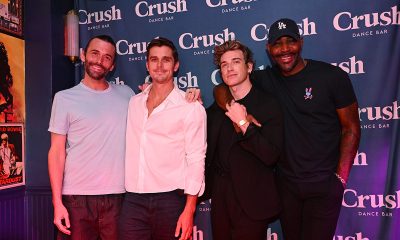Arts & Entertainment
Jasmine Guy’s world today
Actress in town this weekend with Harlem Renaissance tribute show
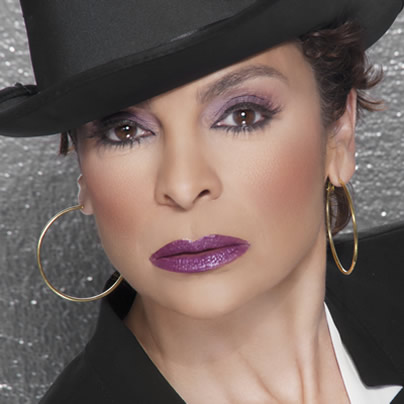
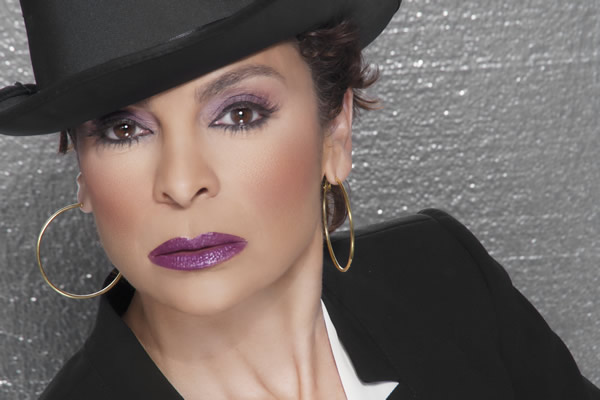
Actress Jasmine Guy says her passion for black culture in the early 20th century has kept her doing ‘Raisin’ Cane’ for five years. (Photo by Calvin Evans)
‘Raisin’ Cane: A Harlem Renaissance Odyssey’
Starring Jasmine Guy and the Avery Sharpe Trio
Saturday, 8 p.m.
Publick Playhouse
5445 Landover Rd.
Cheverly, MD
$55 VIP (includes pre-show reception)
$40 general
301-277-1710
Actress/singer Jasmine Guy will be in the D.C. area this weekend for a one-night-only performance of “Raisin’ Cane: a Harlem Renaissance Odyssey.”
We caught up with her by phone from her home in Atlanta where she answered questions about the show, gay rights, her work on the hit ’87-‘93 sitcom “A Different World” (she played spoiled Whitley for the show’s entire six-season run) and more. Her comments have been slightly edited for length.
WASHINGTON BLADE: Tell us about “Raisin’ Cane.”
JASMINE GUY: I’ve been doing the show over the past five years in various places all over the country. It grows and changes and morphs every time we do it. I do it with three other musicians — a jazz violinist, a percussionist and our composer, Avery Sharpe and we cover the decade between 1919 and 1929 of the Harlem Renaissance, right after World War I but just before the Great Depression when there was a lot of money flowing into Harlem and a lot of artists were flourishing. Painters, poets, writers, philosophers, so it was a pretty rich time in our American history. A lot of what has come down to us as Americans has come from that period as far as ways of thinking and ways of articulating our needs.
BLADE: Are you playing a specific character?
GUY: I’m like a teacher taking you through this journey. Along the way, whatever lesson needs to be taught, that’s what I do. I either reenact a scene or become another character or I dance or sing or tell a story or recite a poem — there’s a lot of all of that involved in the show.
BLADE: How did you come to the work?
GUY: Avery Sharpe and I have been friends for over 30 years and when he brought the piece to me, it started as a reading and an experimental piece to see where the interest was with people and over the last five years, it’s just continued to grow and grow. I stayed involved because of my passion for that decade and what was happening politically and historically in that time as well as artistically. It was such a fun and exciting time where jazz was birthed and we had poets like Langston Hughes and Zora Neale Hurston and painters like Aaron Douglas and philosophers like W.E.B. DuBois and Booker T. Washington and Marcus Garvey who were claiming freedom in their own way.
BLADE: African-American themes are recurring in your body of work. To what degree have you sought them out versus had them come to you?
GUY: Sometimes they intertwine. There are the roles that we pick and the roles we kind of cross paths with and we don’t really know why. There have been certain projects where I feel like I’m part of telling the truth, whether it’s “A Different World” or “Queen” (“The Story of an American Family”), or “Stompin’ at the Savoy” or “Dead Like Me,” there seems to be a certain truth to the quality of the work we’re doing at the time and I think that truth is what draws me in. I love that we tell stories that haven’t been told yet and that I’m able sometimes to get an audience to think as well as to laugh. I’m not sure which is more important, but I like that I can do both.
BLADE: Some have said gay activists who draw parallels to the Civil Rights movement are overreaching. Is that a valid line of reasoning in your opinion?
GUY: I have had friends over the years who have resented the comparison. … I think what we really all want is to be treated equally and have the right to make our own choices in our lives and in that respect, both gay rights and African-American rights have been stifled in this country and we’ve had to fight for those rights. We are still fighting in certain ways for those rights. … For some … the fight has shifted. I mean, we’re able to vote legally, we’re able to integrate, but there are still very specific things that are disproportionate in this country. There’s a huge class difference and whether you’re black or gay, there are still things we need to speak up for because in principle, it’s all the same principle. We are really all fighting for the same thing.
BLADE: With all your work in the entertainment industry, you must have worked with a lot of gays over the years. True?
GUY: Oh absolutely. I mean, you know, my world is full of gay people. I’ve been so entrenched in the gay community that it has never been a second thought to me. We are all family and because of that, I’m even more sensitive to what my gay friends go through. I’m 51, so I lived through AIDS and although I was very young when AIDS came to be, that’s when I first realized how segregated the gay community was for the rest of the world. Sometimes you forget that the world is not accepting and it takes something bad like the AIDS epidemic for you to realize. That’s when I started to realize my gay friends were heroes in their own right for having the courage to live the lives they know they want and the need and fight for the right to do that. And I don’t use that word fighting lightly, you know. I have friends who have fought all their lives, physically and emotionally. Some who have not had the support of their families. I don’t think people really understood what it means to be gay until very recently, in the last decade or so, whereas for me, it was just always a part of what I knew and understood.
BLADE: You’ve done so much work on stage, film and TV over many years and stage work, of course, by its nature is very ephemeral and fleeting. You can be on a hit show like “A Different World” that was seen by 20 million people each week, yet in some ways, it’s a small part of your overall body of work. Has that ever been a source of frustration for you?
GUY: That was frustrating for me at the beginning. I started as a dancer with the Alvin Ailey Company and yeah, I felt that, you know, my best work is probably the work that most people haven’t seen. I did have to come to terms with that because I mean, just the sheer degree of difficulty of being a dancer and being a gypsy as I was for eight years before I got “A Different World,” compared to the relative ease of being on a hit TV show, I used to think, “OK, I’ve got to make sure everybody knows that these other things are so much more worthy.” I felt it was my personal cause to let people know that, yes, I’ve worked with Judith Jamison and I know Debbie Allen and worked with Courtney Vance in “Six Degrees of Separation” and so and so. … I’ve really been surrounded by greatness and amazing talent and I’ve been in the wings of so many performances where I saw that happen before my eyes and that’s not something we’ve always been so great at being able to recreate on television. … But things are so different now and we have access to everything in a way we did not have before. That was a real turning point for me to realize that. We can say things now we could never say before on a major, major scale and we can create our own audience. It’s always interesting to me when people come up to me, what they come up to me for. I guess I’ve had enough people say, “Oh, I saw you in ‘Chicago,’” or “I remember you years ago on the Academy Awards — I didn’t know you could dance.” They might have seen that thing I thought nobody was watching. Of course, that’s nothing compared to the 20 or 30 million people that watched “A Different World” every week, but I am also proud and happy to have been part of that, too. But these other little sidebars, enough people have commented that I’ve been able to say, “OK, there’s somebody out there who’s seeing the other stuff too.”
BLADE: That said, do you have a favorite episode of “A Different World”?
GUY: My memory of certain episodes is kind of from the inside out. Like I remember doing things more than the effect it may have had on other people. I wrote a couple, so of course I remember those and, hmmm, let me see. Oh my God — we had so many great shows. I tended to like the shows where we had guest stars.
BLADE: Like Gladys Knight — I remember her appearance so vividly.
GUY: Yes, that was huge. I was so excited to get to be a Pip and sing with her and meet her. On the set at one time we had both “Superfly” and “Shaft” because Ron O’Neal played my dad and Richard Roundtree played Charnele’s (Brown, who played Kim) dad. We had Diahann Carroll, Patti LaBelle, Jesse Jackson. We had the cast of “Sarafina!” on when we did a show about apartheid. Those were the most memorable moments for me. These people would come through and we would just sweep ‘em up because by that time we had a rhythm. We just kind of knew we could be funny no matter what we talked about and that was a good place to be for the show.
BLADE: So many iconic sitcom characters don’t work as lead characters. Garry Marshall said they knew better than to try to have Fonzie carry his own show. Other times they tried and it didn’t work — like Flo from “Alice.” I know “A Different World” was still an ensemble cast at heart, yet it seemed like the show really jelled in the second season after Lisa Bonet left and your character Whitley was much more in the lead spot. Why do you think it worked so well when traditionally that type of thing hasn’t worked?
GUY: Well, we certainly weren’t sure it was going to work. That first season, I always felt we weren’t gonna make it. I had never been on a show before but it just seemed kind of dysfunctional and I didn’t feel we were putting out our best product. I was kind of thinking, “OK, that isn’t gonna work, but at least I paid off my American Express.” Then as the show grew and we were picked up year after year and with the legacy of “The Cosby Show” behind us, I started to realize we were part of a wave, a real era of change on American television. I didn’t understand at the time we were at the end of that wave. I didn’t think it would just snap back and never be seen on TV again, you know with the number of female writers and the diversity we had on our show. …. I just thought there would be a whole lot more “Different Worlds” after our show and there really weren’t. … At the time, I think I was able to make that transition because I just did what was given to me to do. I just did what was in front of me. I never thought at the time, “Oh, if Lisa leaves the show, we can still continue if Dwayne and Whitley get together” — there wasn’t any of that. That was all Bill Cosby, Debbie Allen, NBC, the writers — you know this whole team of people that revamped that show and by the second season they had totally revamped it in a way that had more of a realistic HBCU (historically black colleges and universities) feel and they just capitalized on the actors that were already with the show. They brought in Cree Summer and Charnele Brown, but there was an absolute choice made to keep that show going based on what had and hadn’t worked that first season.
BLADE: That opening credit sequence from the second season on was really incredible the way it looks like it was shot in one continuous take with the camera moving from room to room left to right. It couldn’t really have been one take, though, right?
GUY: Oh no, it took like all day long. It was green screened and there were double images — like two of me in the same shot. It was before a lot of computer graphics and things we’re able to do now so yeah. That was the brainchild of Debbie Allen and it was an all-day-long thing — like 12 or 14 hours to do that.
BLADE: Thanks for your time and good luck in the show.
GUY: Thank you.
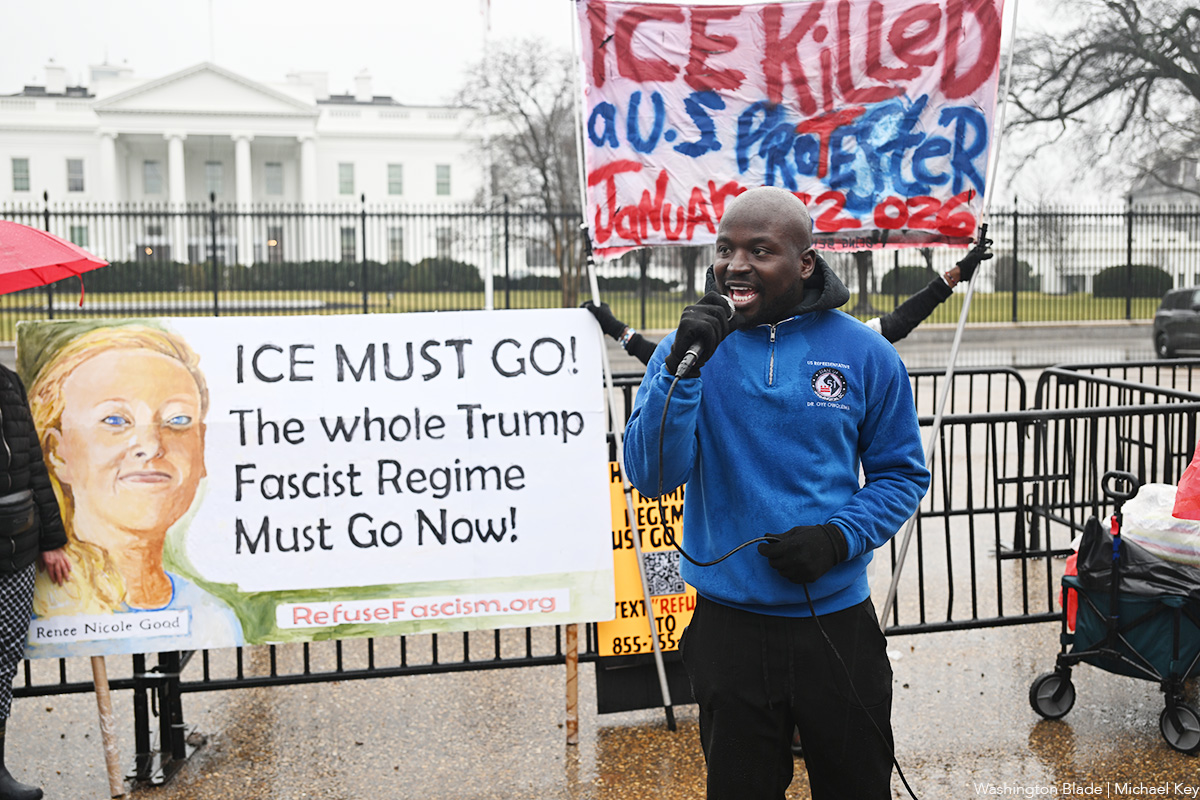
A protest was held outside of the White House on Saturday following the killing of Renee Nicole Good by a U.S. Immigration and Customs Enforcement agent in Minneapolis. Across the Potomac, picketers held signs calling for “Justice for Renee” in Tysons, Va.
Demonstrations were held in cities and towns across the country, according to multiple reports. A march was held yesterday in Washington, D.C., as the Blade reported. Further demonstrations are planned for tomorrow.
(Washington Blade photos by Michael Key)
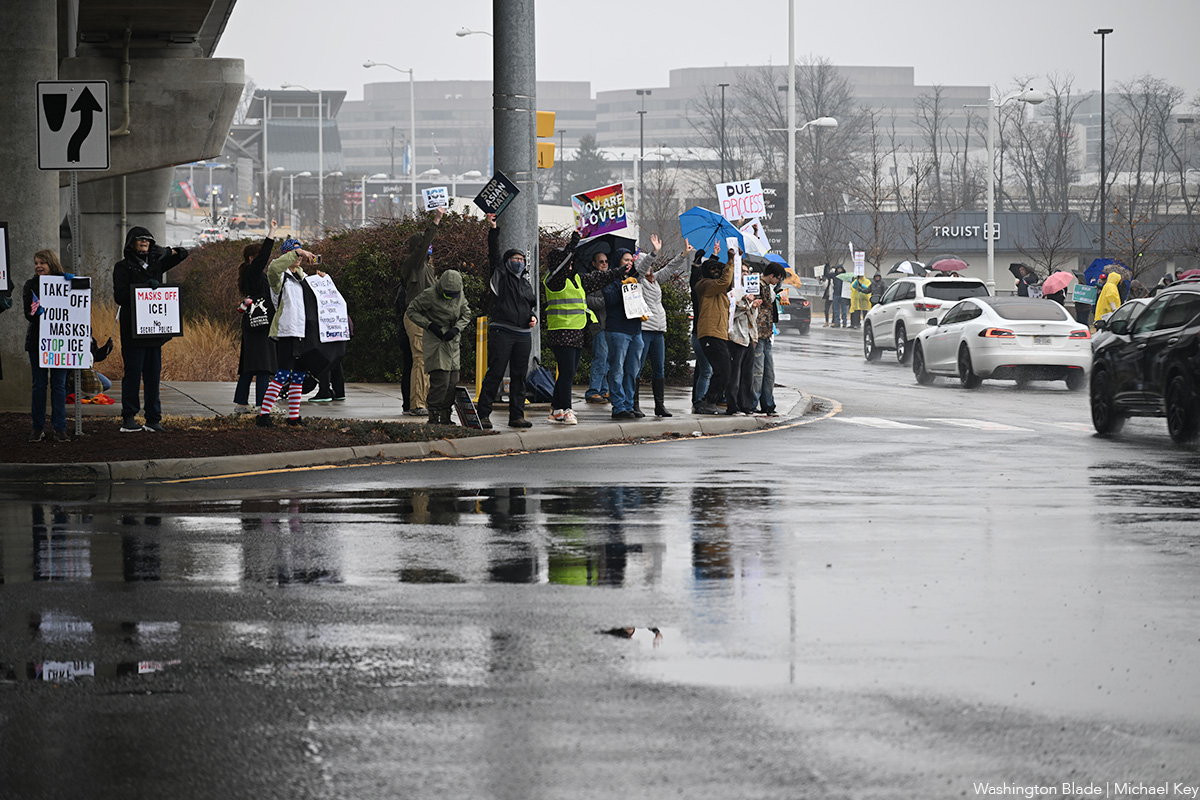
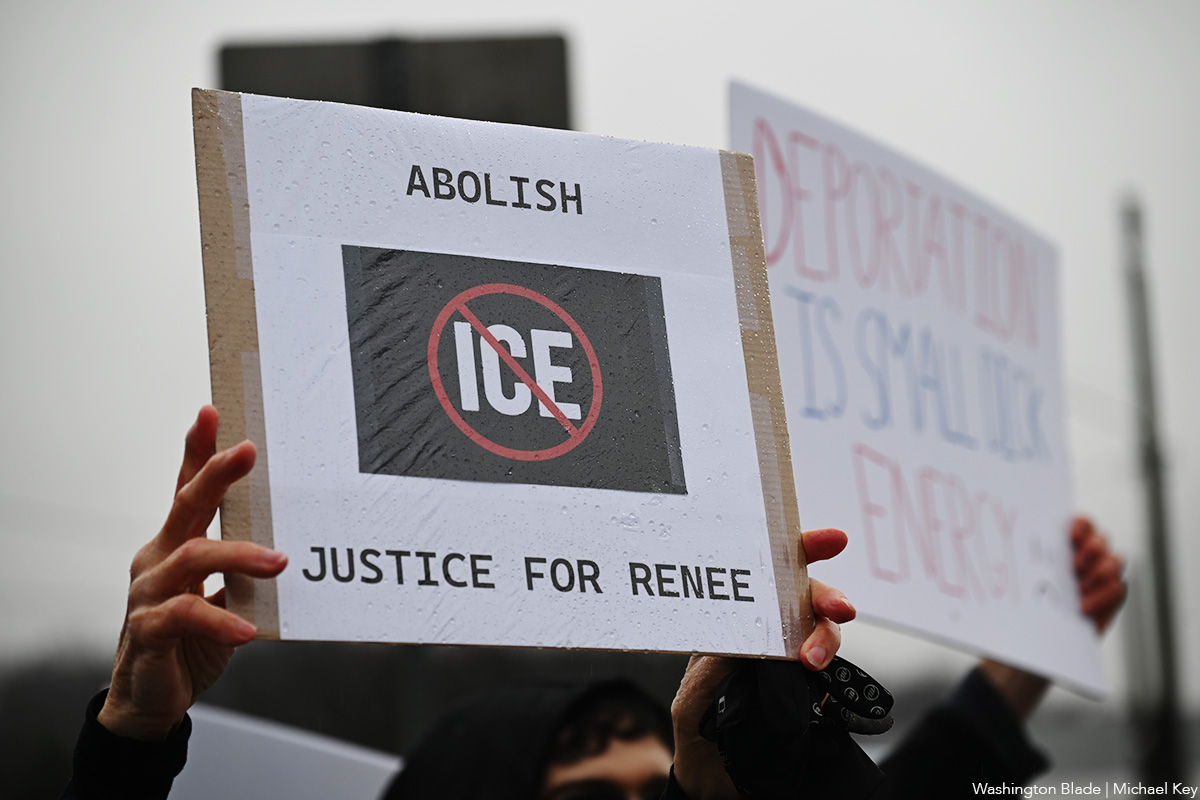
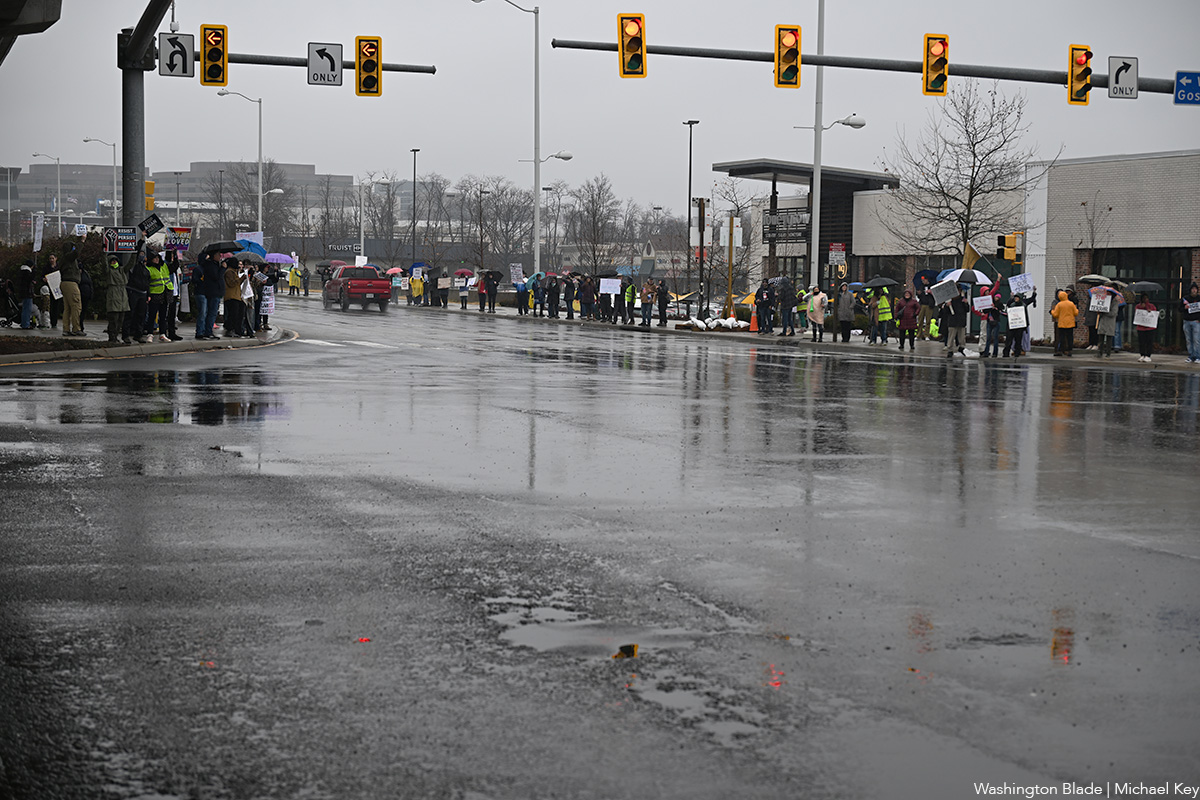
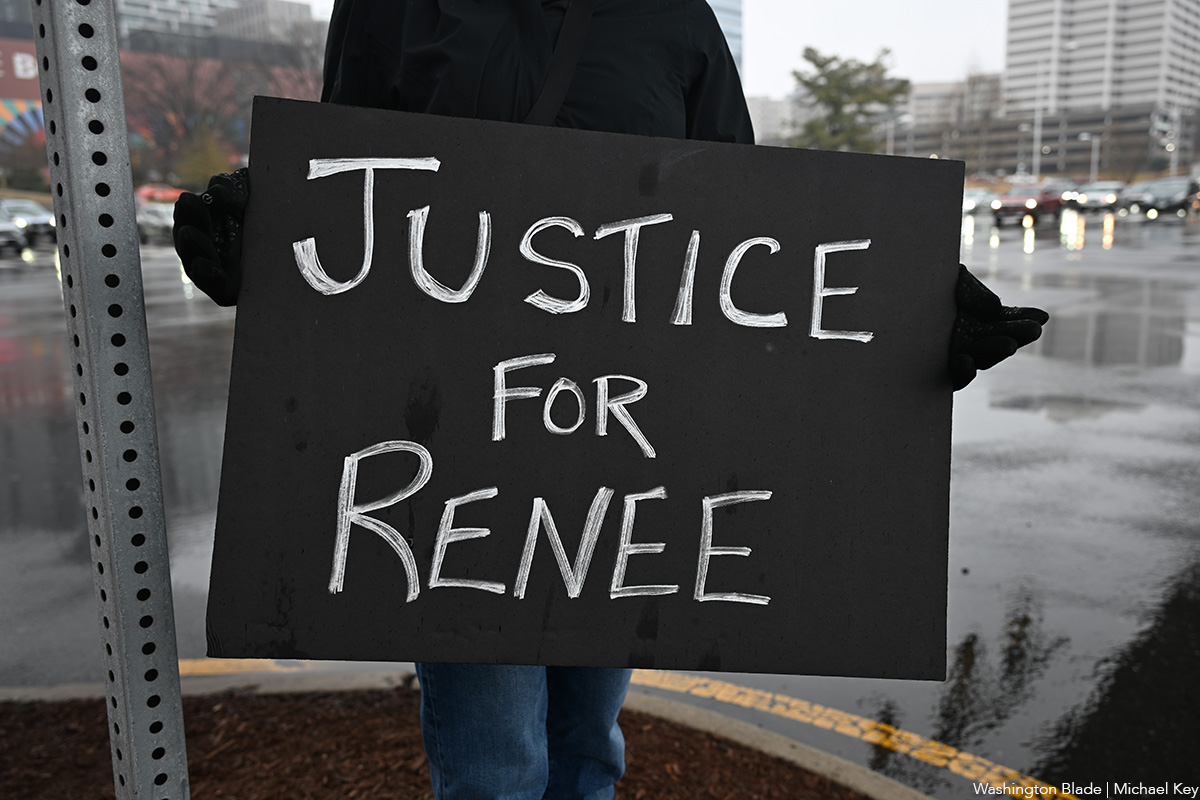

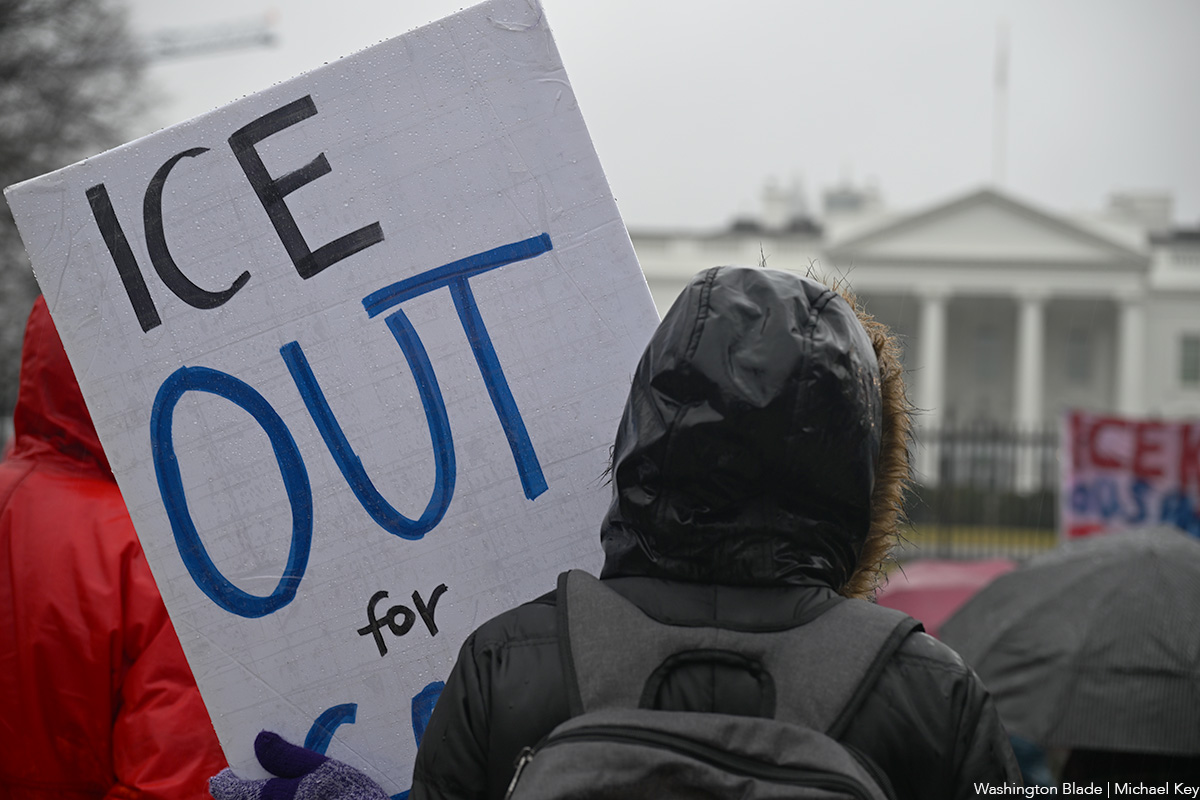
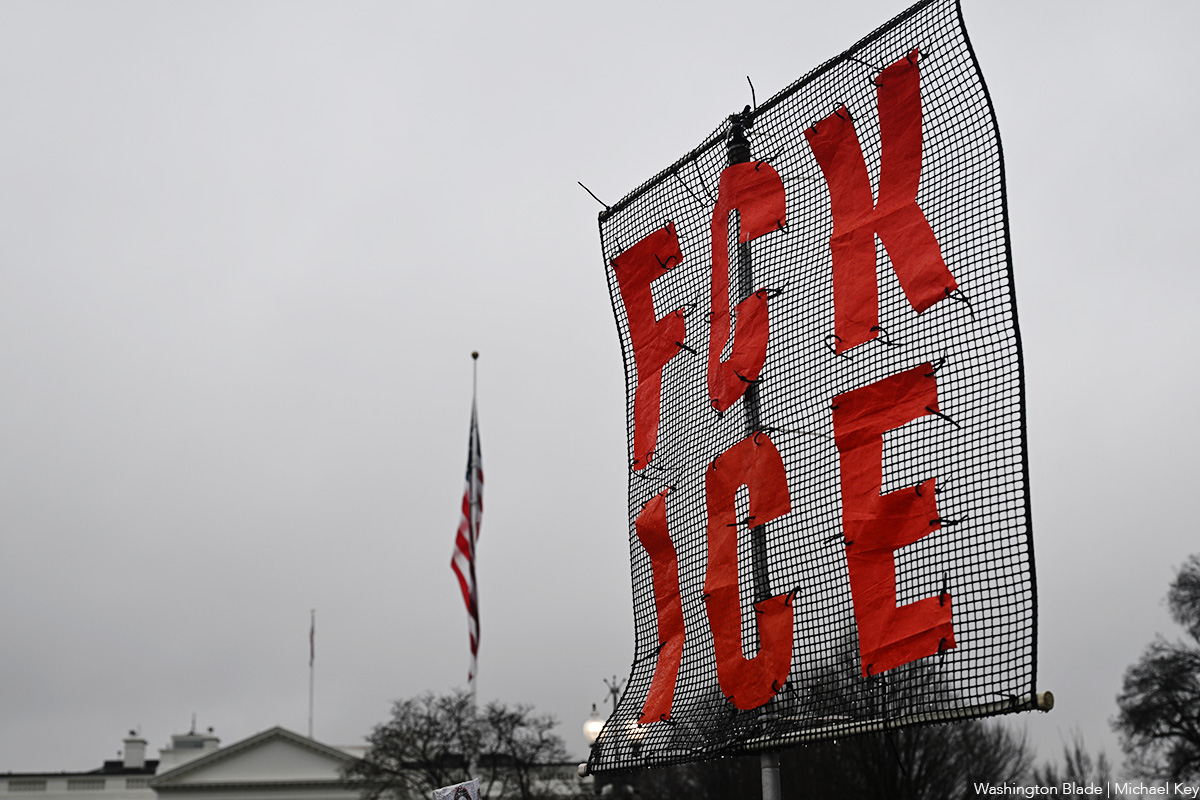
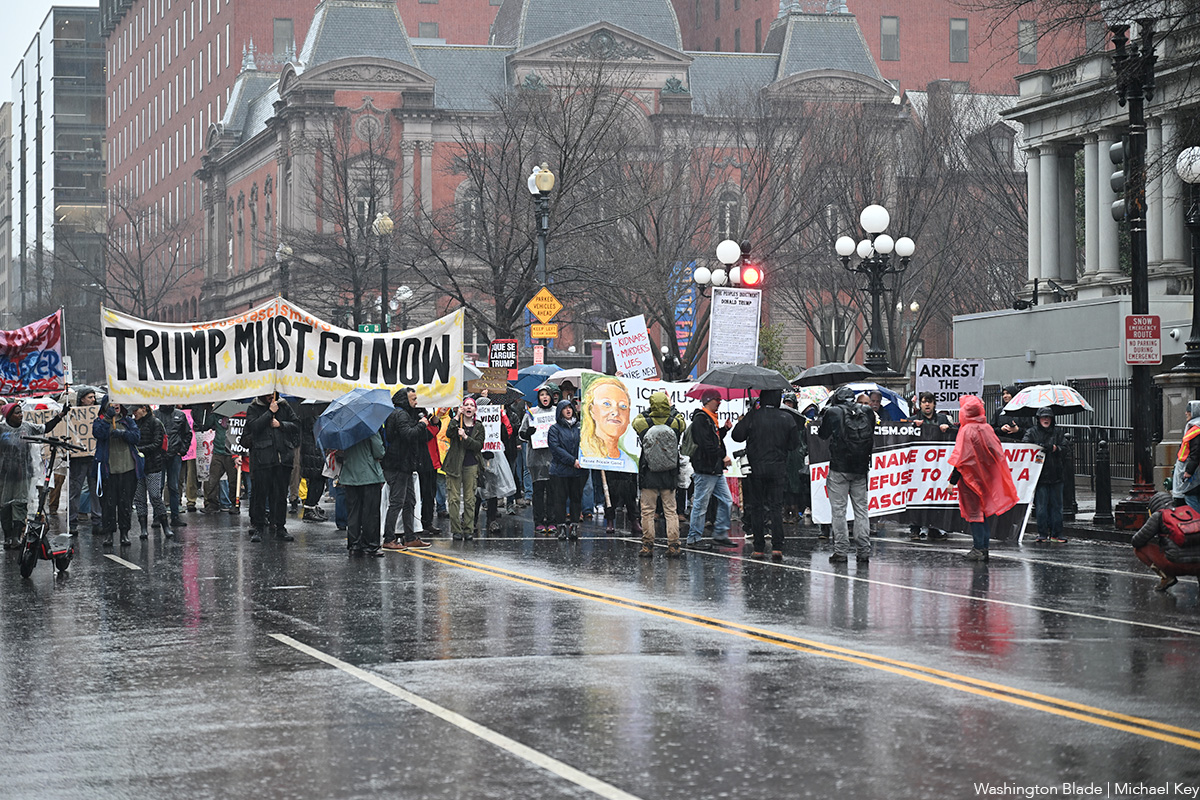

Books
Feminist fiction fans will love ‘Bog Queen’
A wonderful tale of druids, warriors, scheming kings, and a scientist
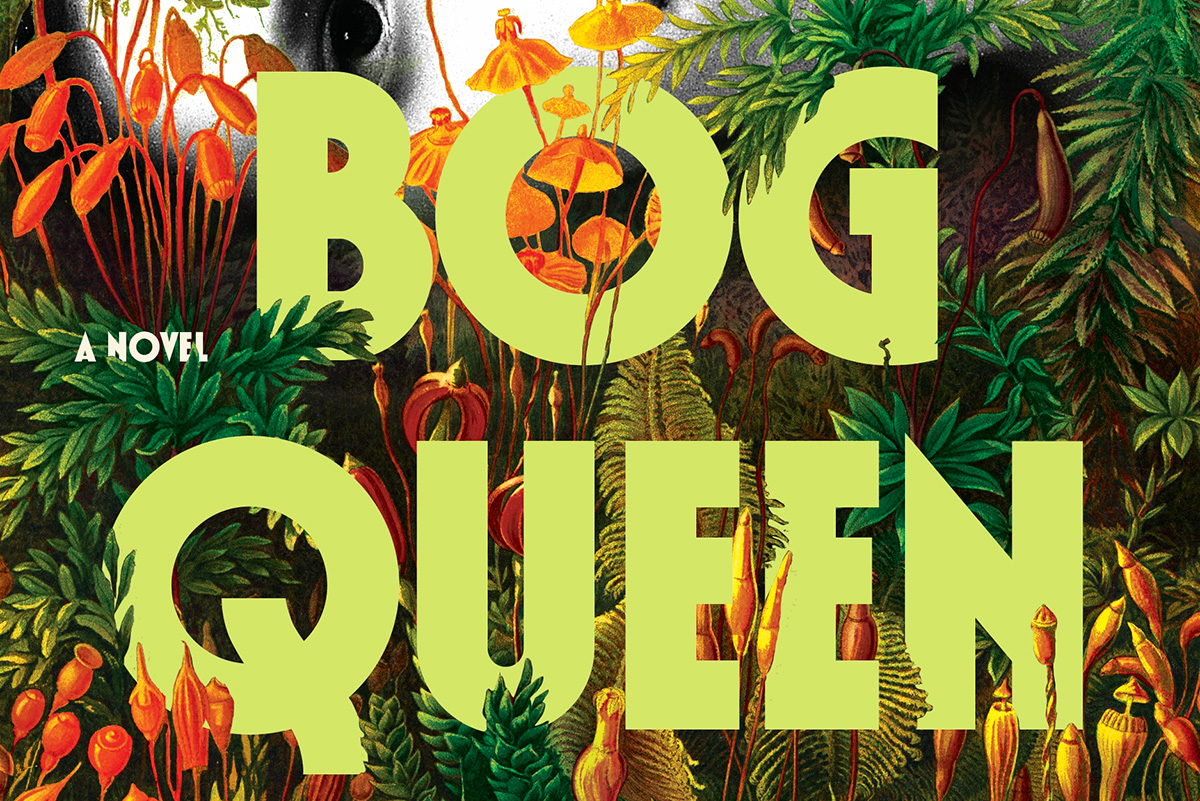
‘Bog Queen’
By Anna North
c.2025, Bloomsbury
$28.99/288 pages
Consider: lost and found.
The first one is miserable – whatever you need or want is gone, maybe for good. The second one can be joyful, a celebration of great relief and a reminder to look in the same spot next time you need that which you first lost. Loss hurts. But as in the new novel, “Bog Queen” by Anna North, discovery isn’t always without pain.

He’d always stuck to the story.
In 1961, or so he claimed, Isabel Navarro argued with her husband, as they had many times. At one point, she stalked out. Done. Gone, but there was always doubt – and now it seemed he’d been lying for decades: when peat cutters discovered the body of a young woman near his home in northwest England, Navarro finally admitted that he’d killed Isabel and dumped her corpse into a bog.
Officials prepared to charge him.
But again, that doubt. The body, as forensic anthropologist Agnes Lundstrom discovered rather quickly, was not that of Isabel. This bog woman had nearly healed wounds and her head showed old skull fractures. Her skin glowed yellow from decaying moss that her body had steeped in. No, the corpse in the bog was not from a half-century ago.
She was roughly 2,000 years old.
But who was the woman from the bog? Knowing more about her would’ve been a nice distraction for Agnes; she’d left America to move to England, left her father and a man she might have loved once, with the hope that her life could be different. She disliked solitude but she felt awkward around people, including the environmental activists, politicians, and others surrounding the discovery of the Iron Age corpse.
Was the woman beloved? Agnes could tell that she’d obviously been well cared-for, and relatively healthy despite the injuries she’d sustained. If there were any artifacts left in the bog, Agnes would have the answers she wanted. If only Isabel’s family, the activists, and authorities could come together and grant her more time.
Fortunately, that’s what you get inside “Bog Queen”: time, spanning from the Iron Age and the story of a young, inexperienced druid who’s hoping to forge ties with a southern kingdom; to 2018, the year in which the modern portion of this book is set.
Yes, you get both.
Yes, you’ll devour them.
Taking parts of a true story, author Anna North spins a wonderful tale of druids, vengeful warriors, scheming kings, and a scientist who’s as much of a genius as she is a nerd. The tale of the two women swings back and forth between chapters and eras, mixed with female strength and twenty-first century concerns. Even better, these perfectly mixed parts are occasionally joined by a third entity that adds a delicious note of darkness, as if whatever happens can be erased in a moment.
Nah, don’t even think about resisting.
If you’re a fan of feminist fiction, science, or novels featuring kings, druids, and Celtic history, don’t wait. “Bog Queen” is your book. Look. You’ll be glad you found it.
Movies
A Shakespearean tragedy comes to life in exquisite ‘Hamnet’
Chloe Zhao’s devastating movie a touchstone for the ages
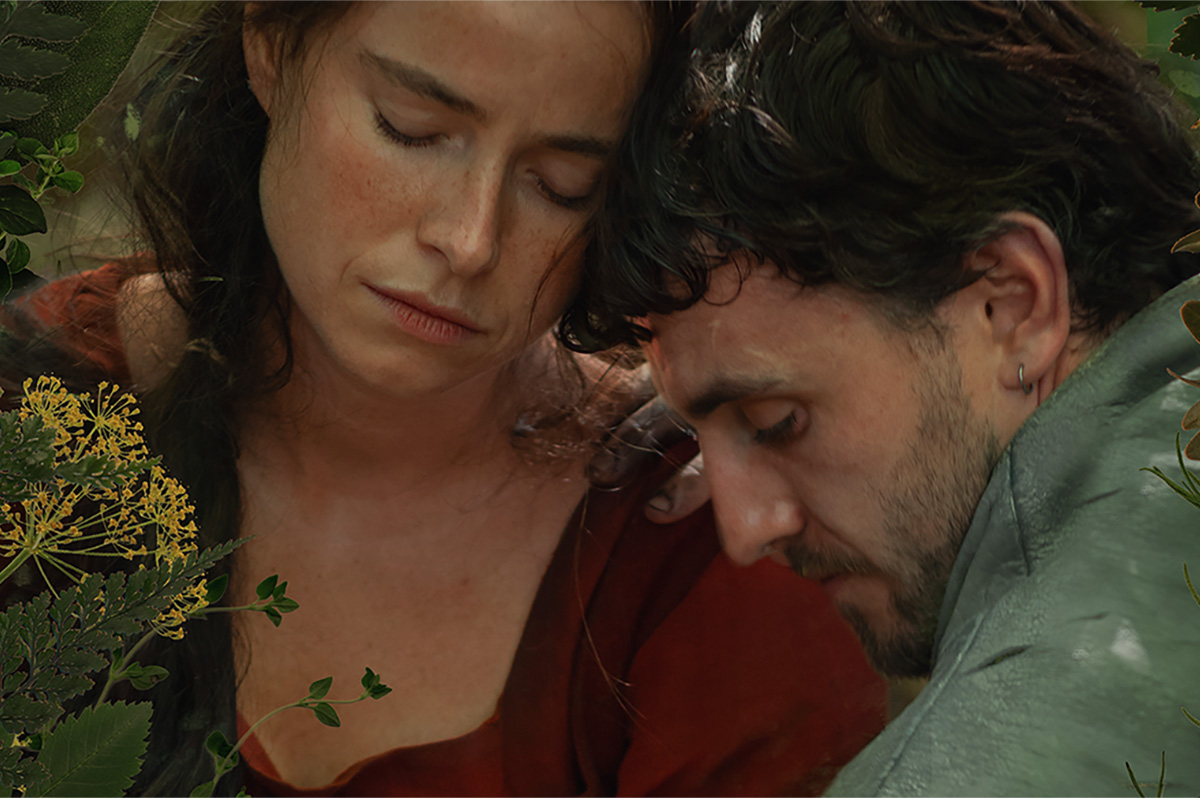
For every person who adores Shakespeare, there are probably a dozen more who wonder why.
We get it; his plays and poems, composed in a past when the predominant worldview was built around beliefs and ideologies that now feel as antiquated as the blend of poetry and prose in which he wrote them, can easily feel tied to social mores that are in direct opposition to our own, often reflecting the classist, sexist, and racist patriarchal dogma that continues to plague our world today. Why, then, should we still be so enthralled with him?
The answer to that question might be more eloquently expressed by Chloe Zhao’s “Hamnet” – now in wide release and already a winner in this year’s barely begun awards season – than through any explanation we could offer.
Adapted from the novel by Maggie O’Farrell (who co-wrote the screenplay with Zhao), it focuses its narrative on the relationship between Will Shakespeare (Paul Mescal) and his wife Agnes Hathaway (Jessie Buckley), who meet when the future playwright – working to pay off a debt for his abusive father – is still just a tutor helping the children of well-to-do families learn Latin. Enamored from afar at first sight, he woos his way into her life, and, convincing both of their families to approve the match (after she becomes pregnant with their first child), becomes her husband. More children follow – including Hamnet (Jacobi Jupe), a “surprise” twin boy to their second daughter – but, recognizing Will’s passion for writing and his frustration at being unable to follow it, Agnes encourages him to travel to London in order to immerse himself in his ambitions.
As the years go by, Agnes – aided by her mother-in-law (Emily Watson) and guided by the nature-centric pagan wisdom of her own deceased mother – raises the children while her husband, miles away, builds a successful career as the city’s most popular playwright. But when an outbreak of bubonic plague results in the death of 11-year-old Hamnet in Will’s absence, an emotional wedge is driven between them – especially when Agnes receives word that her husband’s latest play, titled “Hamlet,” an interchangeable equivalent to the name of their dead son, is about to debut on the London stage.
There is nothing, save the bare details of circumstance around the Shakespeare family, that can be called factual about the narrative told in “Hamnet.” Records of Shakespeare’s private life are sparse and short on context, largely limited to civic notations of fact – birth, marriage, and death announcements, legal documents, and other general records – that leave plenty of space in which to speculate about the personal nuance such mundane details might imply. What is known is that the Shakespeares lost their son, probably to plague, and that “Hamlet” – a play dominated by expressions of grief and existential musings about life and death – was written over the course of the next five years. Shakespearean scholars have filled in the blanks, and it’s hard to argue with their assumptions about the influence young Hamnet’s tragic death likely had over the creation of his father’s masterwork. What human being would not be haunted by such an event, and how could any artist could avoid channeling its impact into their work, not just for a time but for forever after?
In their screenplay, O’Farrell and Zhao imagine an Agnes Shakespeare (most records refer to her as “Anne” but her father’s will uses the name “Agnes”) who stands apart from the conventions of her town, born of a “wild woman” in the woods and raised in ancient traditions of mysticism and nature magic before being adopted into her well-off family, who presents a worthy match and an intellectual equal for the brilliantly passionate creator responsible for some of Western Civilization’s most enduring tales. They imagine a courtship that would have defied the customs of the time and a relationship that feels almost modern, grounded in a love and mutual respect that’s a far cry from most popular notions of what a 16th-century marriage might look like. More than that, they imagine that the devastating loss of a child – even in a time when the mortality rate for children was high – might create a rift between two parents who can only process their grief alone. And despite the fact that almost none of what O’Farrell and Zhao present to us can be seen, at best, as anything other than informed speculation, it all feels devastatingly true.
That’s the quality that “Hamnet” shares with the ever-popular Will Shakespeare; though it takes us into a past that feels as alien to us as if it took place upon a different planet, it evokes a connection to the simple experience of being human, which cuts through the differences in context. Just as the kings, heroes, and fools of Shakespeare’s plays express and embody the same emotional experiences that shape our own mundane modern lives, the film’s portrayal of these two real-life people torn apart by personal tragedy speaks directly to our own shared sense of loss – and it does so with an eloquence that, like Shakespeare’s, emerges from the story to make it feel as palpable as if their grief was our own.
Yes, the writing and direction – each bringing a powerfully feminine “voice” to the story – are key to the emotional impact of “Hamnet,” but it’s the performances of its stars that carry it to us. Mescal, once more proving himself a master at embodying the kind of vulnerable masculine tenderness that’s capable of melting our hearts, gives us an accessible Shakespeare, driven perhaps by a spark of genius yet deeply grounded in the tangible humanity that underscores the “everyman” sensibility that informs the man’s plays. But it’s Buckley’s movie, by a wide margin, and her bold, fierce, and deeply affecting performance gives voice to a powerful grief, a cry against the injustice and cruelty of what we fumblingly call “fate” that resonates deep within us and carries our own grief, over losses we’ve had and losses we know are yet to come, along with her on the journey to catharsis.
That’s the word – “catharsis” – that defines why Shakespeare (and by extension, “Hamnet”) still holds such power over the imagination of our human race all these centuries later. The circumstantial details of his stories, wrapped up in ancient ideologies that still haunt our cultural imagination, fall away in the face of the raw expression of humanity to which his characters give voice. When Hamlet asks “to be or not to be?,” he is not an old-world Danish Prince contemplating revenge against a traitor who murdered his father; he is Shakespeare himself, pondering the essential mystery of life and death, and he is us, too.
Likewise, the Agnes Shakespeare of “Hamnet” (masterfully enacted by Buckley) embodies all our own sorrows – past and future, real and imagined – and connects them to the well of human emotion from which we all must drink; it’s more powerful than we expect, and more cleansing than we imagine, and it makes Zhao’s exquisitely devastating movie into a touchstone for the ages.
We can’t presume to speak for Shakespeare, but we are pretty sure he would be pleased.
-

 National5 days ago
National5 days agoWhat to watch for in 2026: midterms, Supreme Court, and more
-

 Opinions5 days ago
Opinions5 days agoA reminder that Jan. 6 was ‘textbook terrorism’
-

 Colombia5 days ago
Colombia5 days agoClaudia López criticizes Trump over threats against Colombian president
-

 District of Columbia5 days ago
District of Columbia5 days agoImperial Court of Washington drag group has ‘dissolved’





